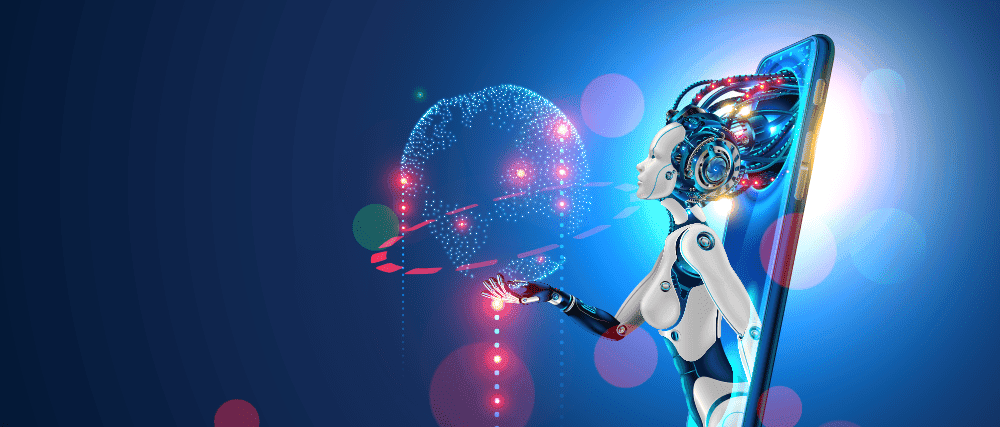Several tools are employed in this digital age to improve the business. People these days are more interested in digital products. Artificial Intelligence and the influencer market are highly connected. People use different tools of Artificial Intelligence in digital marketing.
What is the definition of AI in digital marketing?
Artificial Intelligence in digital marketing uses AI tools and methodologies to improve several parts of marketing operations. This includes analyzing data, automating processes, personalizing content, optimizing campaigns, and enhancing overall marketing success using machine learning algorithms, natural language processing, data analytics, and other AI-driven technologies. AI in digital marketing is beneficial for SEO agency sydney. Using digital media to promote goods and services is known as global digital marketing
What are the different tools for AI in digital marketing?
Numerous platforms and applications are using artificial Intelligence in digital marketing. Here are a few typical ones:
- Chatbots and Virtual Assistants: AI-driven chatbots and virtual assistants are employed for lead generation, customer support, and interaction on messaging applications, social media sites, and websites.
- Predictive analytics tools: These aid marketers in making well-informed decisions regarding consumer behavior, trends, and campaign performance by utilizing machine learning algorithms to evaluate historical data and forecast future events.
- Tools for material Creation and Curation: Artificial Intelligence can automatically create and select material, including emails, social media posts, articles, and product descriptions.
- Platforms for Personalisation: AI helps marketers target specific users with content and experiences tailored to their interests, behavior, and demographics.
- Marketing Automation solutions: AI-driven marketing automation solutions automate lead nurturing, social media scheduling, email marketing, and ad targeting, among other duties, to optimize marketing workflows.
- Ad Optimisation Tools: Real-time data analysis by AI algorithms optimizes digital advertising campaigns by modifying bidding, targeting, and creative aspects to maximize return on investment and performance.
- Sentiment analysis tools: These tools analyze text data from social media, reviews, and customer feedback using natural language processing to provide insights into the sentiments and opinions of the users.
- Customer Segmentation Tools: By analyzing data and finding patterns and similarities among customers, artificial Intelligence assists marketers in more successfully segmenting their audience and enables more individualized and targeted marketing efforts.
Benefits of AI in digital marketing.
- Increases productivity: Automate various tasks to free up time and energy for more complex and critical work.
- Drives efficiency: Increases productivity by managing repetitive and routine tasks like data entry, lead segmentation for marketing campaigns, and customer service.
- Reveal insights: Provides data-driven skills and removes uncertainty to help create a more successful marketing strategy and new opportunities.
- Create and optimize content: Produce high-quality content at scale for all online platforms by automating the content creation.
- Customize at scale: To improve the customer experience, analyze consumer data and produce tailored content or recommendations.
- Predictive analysis: Predictive analysis helps with more precise and efficient planning by forecasting consumer behavior or market trends based on historical data.
Drawbacks of the AI in digital marketing
- Bias: Artificial Intelligence is not neutral by nature; its efficacy depends on the quality of the data it uses. This implies that any AI-driven strategy you develop needs to account for the possibility of racial, gender, cultural, or socioeconomic prejudices.
- Inaccuracy: Inaccuracies or mistakes in data might result in flawed assessments and expensive business choices.
- Ethics: Consent, the creepiness factor in hyper-targeted advertisements, and manipulating user data and behavior are all ethical issues.
- Security and sensitivity of data: AI systems frequently need access to large datasets, which may contain sensitive material that must be handled carefully.
- Transparency: As AI-generated content proliferates, concerns regarding authorship, plagiarism, transparency, and intellectual property ownership become more pertinent.
Artificial Intelligence is used for different reasons; contact the best digital marketing agency in Sydney. Flymedia Technology is known as the best company.



